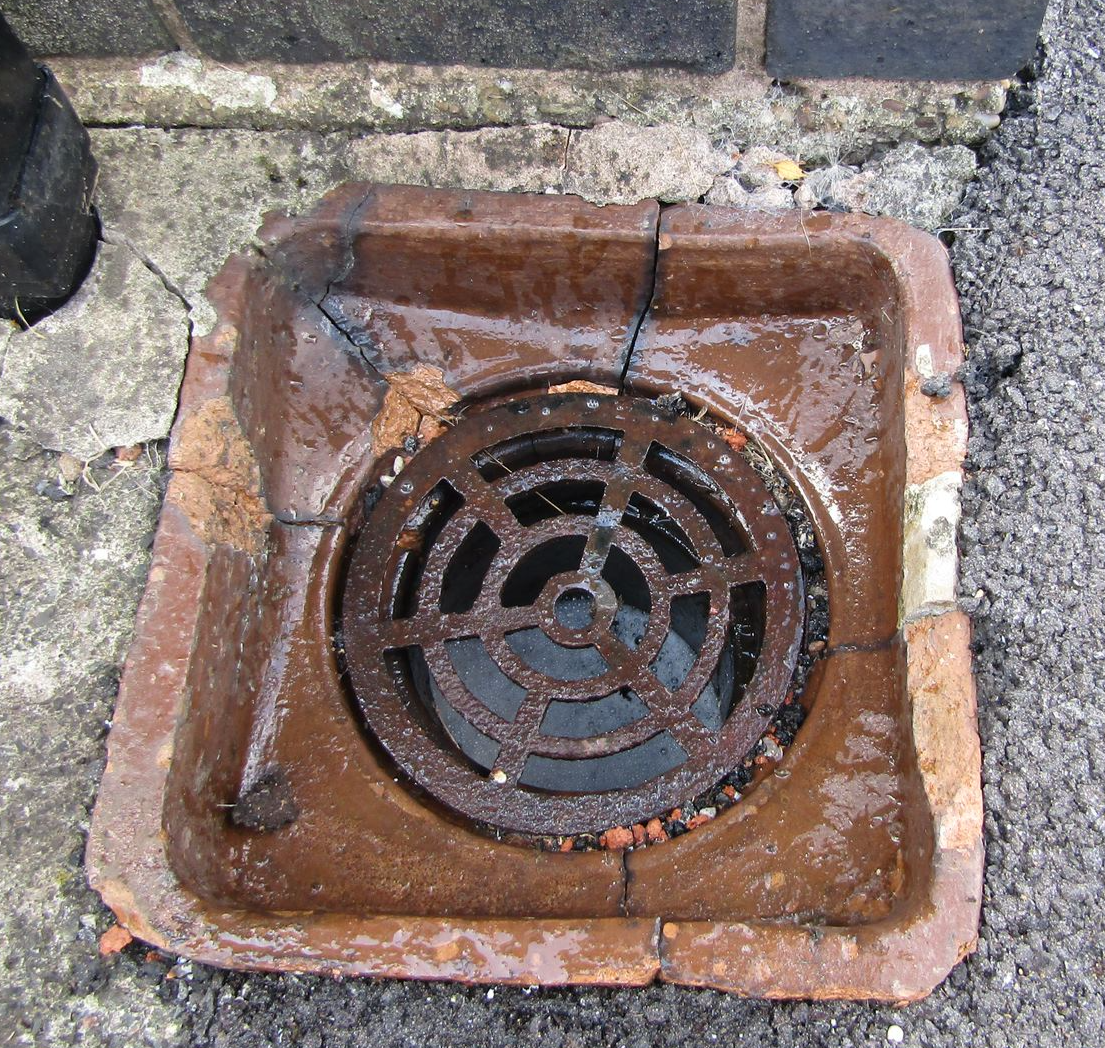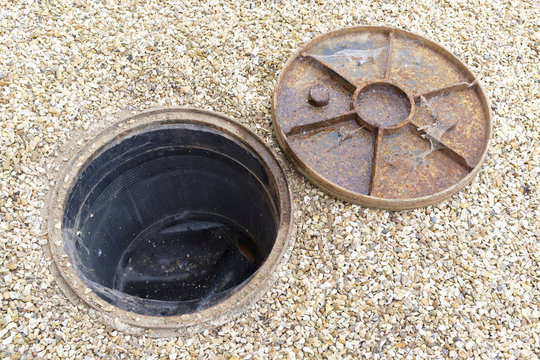Advice for Handling a Blocked Drain Before Contacting Plumbing Professionals
Advice for Handling a Blocked Drain Before Contacting Plumbing Professionals
Blog Article
Here further down you will discover a bunch of worthwhile answers involving Some easy tips to fix blocked drains.

Intro
Dealing with a blocked drainpipe can be an irritating experience, disrupting daily tasks and potentially creating damages to your property. However, prior to connecting to pipes experts, there are actions you can take to deal with the problem on your own. In this overview, we'll explore DIY solutions and preventive measures to deal with an obstructed drainpipe effectively.
Identifying the Concern
The first step in dealing with a blocked drain is identifying the indicators. Sluggish water drainage, gurgling audios, foul odors rising from drains pipes, or water backing up are common indications of an obstructed drainpipe. Determining these signs early can help prevent further problems.
Typical Reasons For Obstructed Drains
Comprehending the elements that contribute to drain blockages is crucial for effective resolution. Common perpetrators include hair, soap residue, oil, food particles, and foreign objects like hygienic products or paper towels. Tree roots invading underground pipes can additionally trigger significant clogs.
DIY Solutions
For small blockages, numerous DIY services can be reliable. Pouring boiling thin down the drainpipe can help dissolve grease and particles. Baking soda and vinegar or a mix of salt and cooking soda can act as all-natural cleansers. Making use of a bettor or pipes snake to remove obstructions is another alternative.
Tools and Devices
Having the right devices handy can make DIY drain cleansing much more reliable. A bettor is a versatile device for clearing blockages in sinks, bathrooms, and showers. A plumbing serpent or auger can reach much deeper clogs, while drain cleansing chemicals can be used cautiously for stubborn obstructions.
Preventive Measures
To avoid future clogs, adopting preventive measures is critical. Install drainpipe guards or filters to catch hair and debris before they get in the pipes. Frequently flush drains with hot water to liquify oil buildup, and avoid taking care of grease or strong waste down the tubes.
When to Call a Professional
While DIY remedies can solve small obstructions, specific indications show the requirement for specialist support. Persistent blockages, foul odors in spite of cleaning up efforts, or numerous drains pipes backing up concurrently are warnings that warrant expert treatment.
Choosing the Right Plumbing Service
When selecting a plumbing solution, consider elements such as experience, licensing, and customer testimonials. Pick a respectable plumbing with a track record of top quality workmanship and transparent pricing methods.
Price Factors to consider
The cost of expert drain cleaning services can vary depending upon the seriousness of the blockage and the plumber's rates. Request quotes from numerous carriers and ask about any service charges to ensure transparency and avoid surprises.
Safety and security Measures
When trying do it yourself drainpipe cleaning, focus on security. Use safety gloves and glasses to prevent contact with unsafe chemicals or germs. Never ever mix different drain cleaning products, as this can produce dangerous fumes.
Situation Researches
Real-life instances highlight the effectiveness of DIY remedies and the significance of prompt expert intervention in fixing drainpipe obstructions.
Verdict
By adhering to the ideas outlined in this overview, you can efficiently take on blocked drains and prevent future plumbing concerns. Whether opting for DIY solutions or seeking specialist assistance, timely action is vital to maintaining a healthy and balanced pipes system and preserving the integrity of your home.
10 TIPS TO CLEAR ANY BLOCKED DRAIN
SIGNS OF A BLOCKED DRAIN
Blocked drains can be a source of property damage and health problems for people and pets. The early warning signs of a blocked drain are:
Overflowing
You’re probably quite used to everything flowing down your drain. As a result, it’s quite alarming seeing water spill back up. If your drain is overflowing, that means you’re facing a blockage.
Gurgling sounds
Gurgling sounds indicate that the water is pooling and pushing against the pipe. If you experience this, it’s often the case that a blockage is a problem.
Slow draining
When emptying your sink or taking a shower, you might notice that the water pools for longer than expected. Usually, the problem worsens rather than getting better by itself, which suggests that the blockage is growing larger.
CAUSES OF A BLOCKED DRAIN
Although most people use their drains appropriately, it’s quite easy to make mistakes. Occasionally, everyday use results in blocked drains too. Common causes include:
Tree roots
Tree roots won’t be the cause of local drain blockages, but they can disrupt your main sewage system. The root keeps growing until it breaches the pipe and causes a blockage.
Toiletries
Although toiletries are essential, some can cause drain blockages. For example, nappies, baby wipes and sanitary products should not be flushed down the toilet.
Foreign objects
When you have kids, there’s always a risk they’ll flush something unusual down the toilet. Toys and other foreign objects become lodged in the u-bend, resulting in a blockage.
Mineral Buildup
When minerals such as calcium build up in your pipes, this causes constriction. Although this may not cause a blockage on its own, it does make it easier for other types of blockages to form.
Soap
Although liquid soap may not cause drain blockages, solid soap bars can get lodged within pipes until they eventually break down. One way to stop this from happening is to use a mesh wire guard to cover plug holes.
Natural Debris
Natural debris can fall into your outdoor drains, especially when you don’t use gutter guards. This usually means leaves and twigs, although it can include dirt and grit too.
HOW TO CLEAR A BLOCKED DRAIN
Boiling water
Boiling water is useful for tackling blocked drains caused by grease, conditioner, and some other kinds of toiletries. This is because these substances have a low melting point, and the extreme heat helps to break them up. Boil a kettle with water and pour it down the drain to shift the blockage.
Natural cleaners
You can use some natural cleaners to create a fizzing effect that breaks drain blockages apart. Try pouring hot water down the drain, then follow it with one cup of bicarbonate of soda and a cup of vinegar. Leave it for ten minutes, then chase it with more hot water. A combination of the hot water and the natural cleaner mixture can break blockages up.
Caustic cleaners
Some stores sell caustic cleaners that take stronger action against drain blockages. It dissolves grease, fat, and oils, making it ideal for tougher blockages. Always follow the instructions on the packaging and ventilate the room before starting.
Plungers
As a simple yet effective tool, plungers can help to dislodge local blockages. They work by forming a seal around the plug hole, followed by a vacuum effect that removes the blockage.
DIY drain snake
You can make a DIY drain snake out of any thin metal wire, such as a coat hanger. Leave a hook at the end of the snake and insert it into the plughole. Try using it to fish out local blockages made of hair. This approach is most effective in showers.
https://preciseservices.com.au/10-tips-to-clear-any-blocked-drain/

As a reader about Tips for Dealing with Clogged Drains and Sewer Lines, I was thinking sharing that excerpt was a good thing. Feel free to take the opportunity to distribute this page if you appreciated it. Thanks for your time spent reading it.
Check It Out Report this page